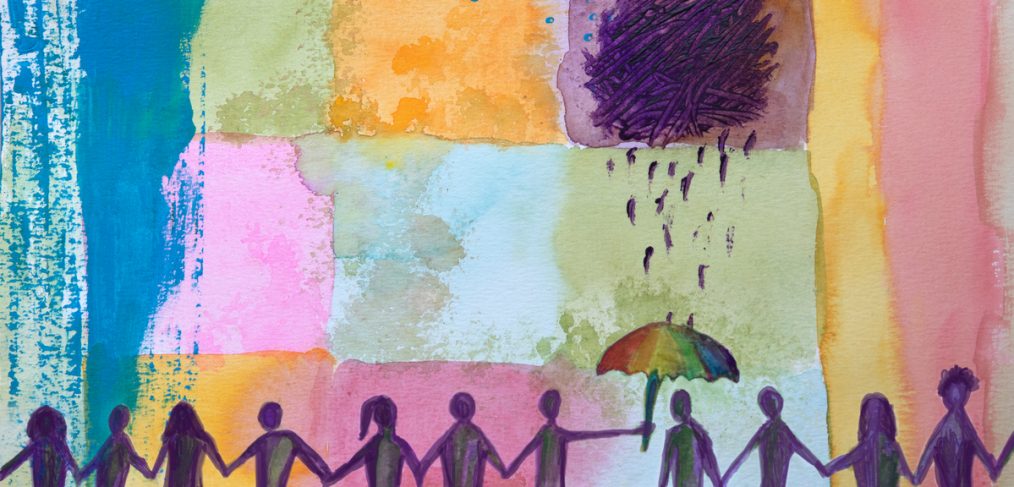Life seems limitless on its surface, yet we must constantly live within limits. Some we set ourselves; others are imposed on us. That is natural and normal. Because we can’t do everything and need to prioritize, we incorporate limits in our lives by design. Often this leads to doing as little as possible to achieve a desired outcome—in other words, we’re efficient. But this approach can also lead to a mindset of doing as little as possible, or sometimes, nothing at all. There are aspects of life, however, that deserve more than the least we can do. They deserve intention and effort. While these aspects will not be the same for everyone, we all have opportunities to explore what ours might be. To that end, it can be helpful to periodically review what is important to you. Think about those things and what you do to support them—is there anything more you might do? Have you thought about it creatively? Sometimes the least you can do isn’t all you can do.
What’s your approach to holiday gift-giving? Many have people they want to (or have to) buy gifts for, and they make a list and go online to find something to buy. Holiday shopping is, for many, a burden—something they just want to get over with. This attitude plays right into the hands of marketers, who post celebrity shopping ideas, gift ideas for specific categories, and sale days, like Black Friday. There are also gift cards, or as Jerry Seinfeld called them, “I don’t give a crap” cards, for when you want to make as little effort as possible. People put the buying first—they walk around a mall or peruse gift sections on websites. They don’t try to get to know the person better or consider what will make them happy—they just check the box on their shopping list. But there is another way—a way that makes enhancing our connections with people the first step, a way to add meaning to what should be an especially meaningful time of year.
Reality is a squishy thing.
Our perception and interpretation of the conditions and events in our lives are what drive our reality—even more so than the conditions and the events themselves. That’s why certain people living in what most would call trying conditions appear to thrive, while others who “have everything” are depressed and anxious. There are also people that will fight reality every step of the way. They can’t accept certain events or conditions, so they don’t. Most people live on the very surface of reality, while others are able to delve into their reality and truly understand their place in the universe. If you can do this, you can start to influence and even create your own reality based on your life force and your influence.
What does it mean to be fully present when you’re with people?
When we’re with other people, our minds can wander, as they do during any other activities. But with people, there’s the added dimension of what the other person is thinking. It can be challenging to follow the dynamic of both minds and how they engage. In conversation, for example, some people are naturals, while for others, it can be a struggle. But being an easy conversationalist doesn’t always translate to being aware of and intentional about the dynamic between us and other people. A meaningful encounter with someone doesn’t even have to involve talking. When two people are completely present when they’re together, there’s a whole other level of engagement that can involve conversation, but it also involves body language, empathy, and mood. It can be incredibly meaningful.
What does your inner dialogue sound like?
Are your inner thoughts calm, supportive, and helpful, or do you have a lot of negative self-talk? Is your inner dialogue a never-ending stream, or are you able to control it?
For many people, errant thoughts pop into their heads when they least want them to or when they’re doing something that requires intense focus. Try as we might to concentrate, our minds wander. The nature of our thoughts is also important. Some people have a stream of positive encouragement or affirmations: “You’ve got this!” “Come on, just one more strong hour!” Others have a never-ending flow of negative self-talk: “Idiot! What are you thinking?!” We need to pay attention to both the amount of inner dialogue we have and its nature.





